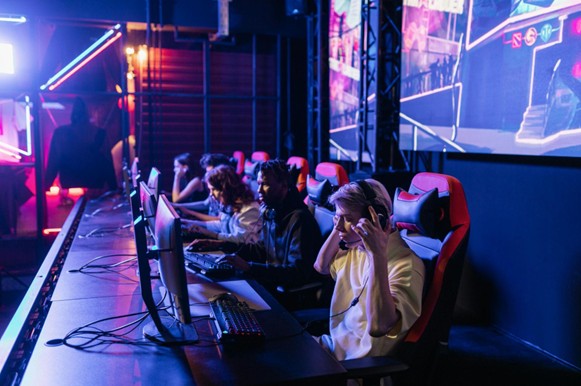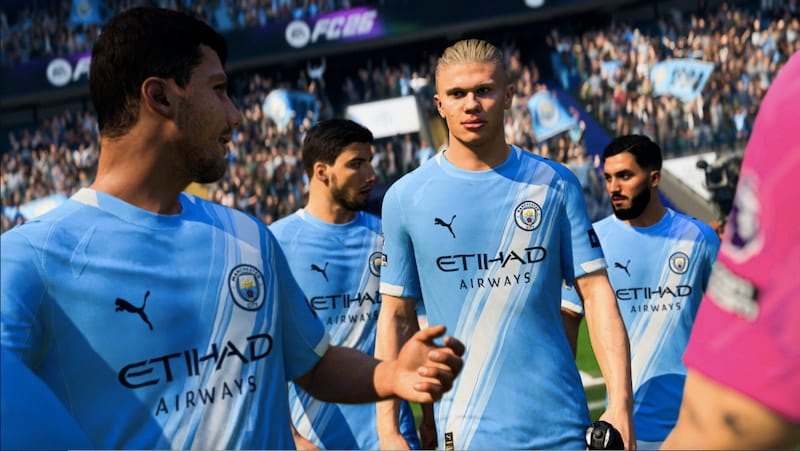How eSports Became a Well-Known and Respected Sport

Esports has transformed gaming. Millions engage with titles like League of Legends, Valorant, and Dota 2 — games that now define the esports world. Once a small hobby, it’s now a respected sport. How did players become professional e-athletes? What steps built this status? The journey began decades ago, growing from local contests to a global industry.
From Niche to Global Stage
Esports began in 1972 with Stanford’s Spacewar tournament, offering modest prizes. The 1990s internet boom sparked Quake events in cyber cafes. By 2000, South Korea’s StarCraft leagues, led by stars like BoxeR, set high standards. Teams like fnatic emerged, and big sponsors—Intel, Coca-Cola, Nike—drew in fans. Platforms such as esports betting vulkan boosted fan engagement, adding excitement similar to traditional sports betting. Dota 2’s The International had a $40 million prize pool in 2021. In 2023, Twitch saw 1.5 billion viewing hours, with League of Legends and CS:GO finals drawing 24 million and 6.4 million viewers. ESPN, BBC, and EVO helped bring esports mainstream, and over 400 colleges now recognize it. The market reached $2.5 billion in 2024, expected to hit $3.2 billion by 2028.
This growth shifted perceptions. Big events like DreamHack and EVO attract thousands. Early doubts faded as esports embraced responsible gambling and strong sponsor ties. Data shows esports viewership rivals the NFL in key groups, proving its mainstream appeal.
Professional Infrastructure
This growth spurred a professional shift. E-athletes train like sports professionals. Faker, League of Legends’ star, practices eight hours daily in T1’s Seoul facility, using tools like Mobalytics for performance tracking. Ninja’s streaming career shows other paths. Players build teamwork, reflexes in Valorant, Counter-Strike. Teams hire coaches, analysts, psychologists. Over 50 universities, including UC Irvine, offer scholarships, per NACE. The International Esports Federation sets rules across 140 nations. When fans complete vulkanbet registration, they access betting and community features, strengthening the industry.
Sponsorships—BMW, Louis Vuitton—boost esports’ credibility. The Esports Integrity Coalition ensures fair play. With growing support and strong organizations, the industry continues to mature and gain respect.
Tips for Aspiring E-Athletes
To succeed in esports:
- Practice Strategically: Focus on game sense, like Valorant positioning or CS tactics. Targeted drills build real skill. Pros like aspas and TenZ use aim trainers to stay sharp.
- Network Actively: Join Discords, visit events like DreamHack. Connections open doors — meeting a scout at EVO could land you on a team.
- Prioritize Wellness: Take breaks to avoid strain. Burnout hits fast; 60-hour weeks take a toll. Rest, stretch, and stay sharp.
- Explore Careers: Try coaching, content creation like Ninja. Esports needs analysts, casters, event staff — not just players.
A Recognized Sport
From small tournaments to global arenas, esports is a respected sport. Players’ shift to professionals like Faker drives change. Early events, internet, sponsorships, BBC media fuel its status. Olympic talks signal rise. Burnout, stigma, regulations persist, but e-athletes’ discipline and IESF promise a strong future. Esports is now more than a game — it’s a global arena for passion, skill, and connection.




